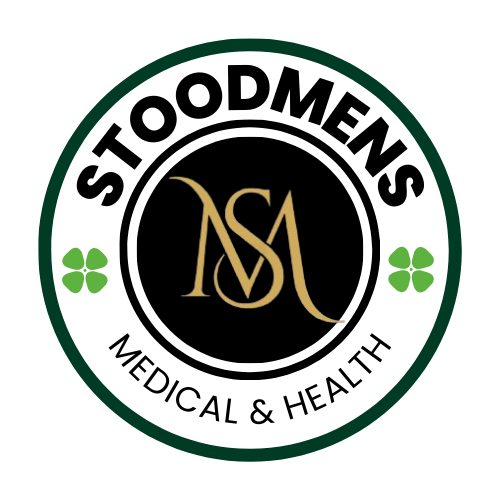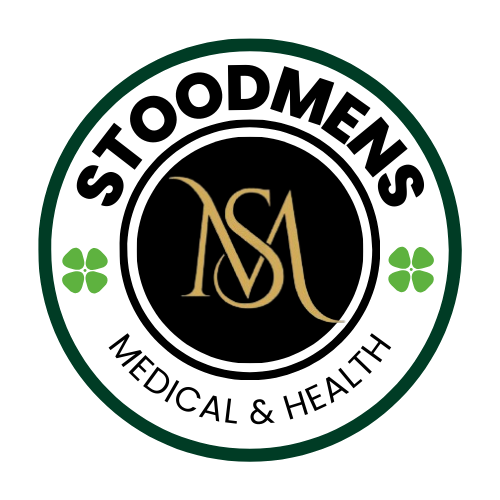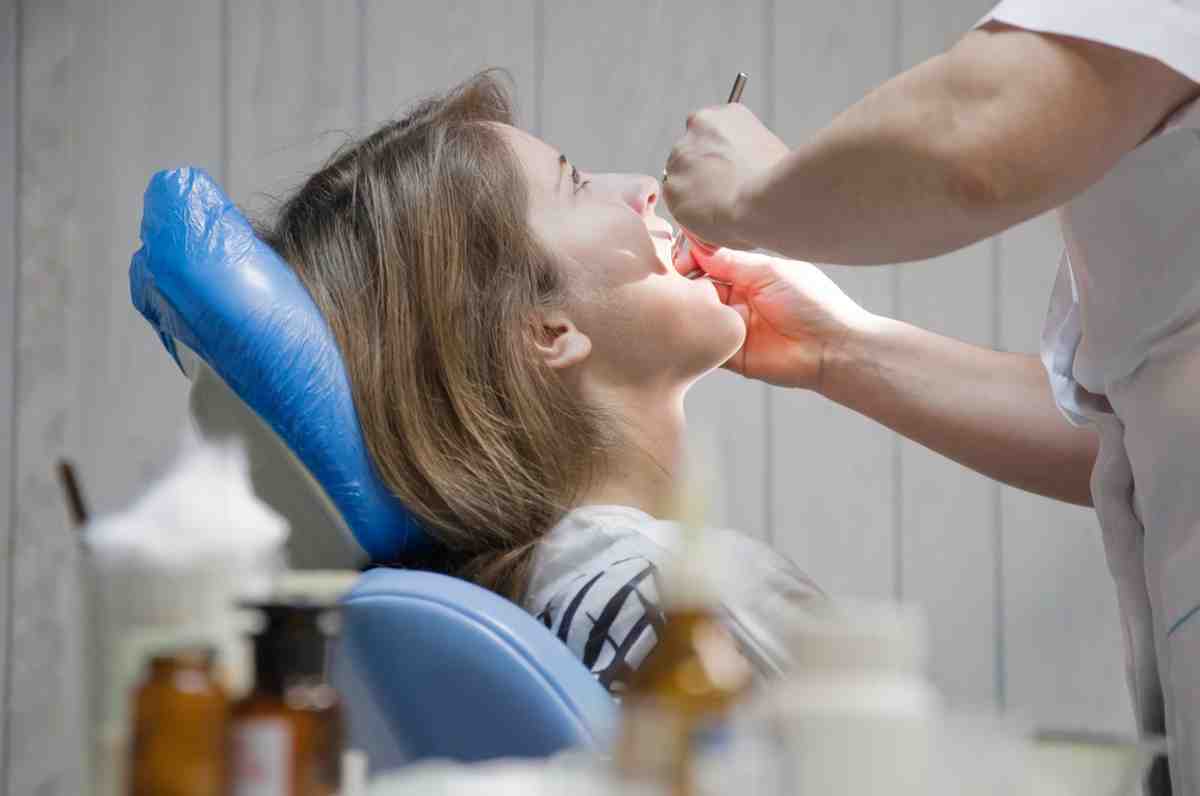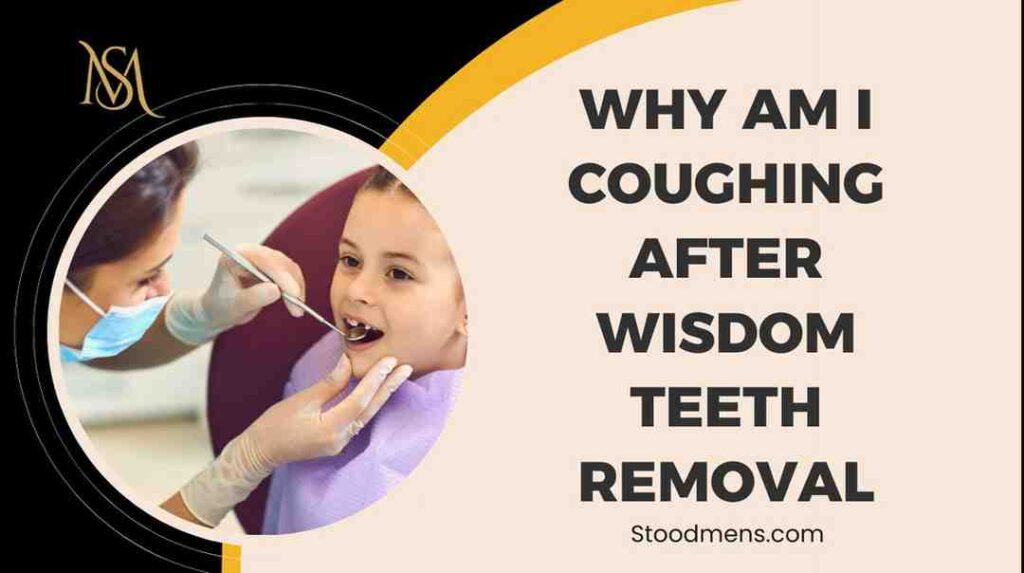Welcome to our Q&A series, where we address normal worries among our readers. Today, we discuss coughing after wisdom teeth removal, giving bits of knowledge into its causes and offering straightforward administration methodologies for a smoother recuperation experience. What’s more, a most significant inquiry, “Can I get my wisdom teeth out if I have a cough?” thus connects with us in the end.
Wisdom teeth removal:
Wisdom teeth, otherwise called third molars, come in during late adolescence or early adulthood. At times, they should be removed because of issues like swarming or contamination. This oral procedure includes cutting the gums and removing unresolved issues in the teeth.
Can I get my wisdom teeth out if I have a cough?
If you have a cough and have to get your wisdom teeth removed, being cautious is significant. Here’s the reason:
- Oral procedure Dangers: Having a cough could make the oral procedure harder. It could make you cough during the strategy, which could cause draining or different issues.
- Sedation Issues: Coughing can likewise be interesting when you’re under sedation. It’s vital to inhale during an oral procedure, and coughing can make that troublesome.
- After Oral Procedure Issues: After the oral procedure, coughing can make you more self-conscious and could cause draining or disease.
- Respiratory Worries: If your cough is important for a greater breathing issue, like bronchitis, it could make an oral procedure more dangerous.
- Converse with your primary care physician: Before booking your oral procedure, converse with your dental specialist or oral specialist about your cough. They can help you decide if it’s safe to go on or if you ought to hold on until you’re better.
- Dealing with Your Cough: Your primary care physician could propose ways of aiding your cough before the oral procedure, like medication or lifestyle changes.
- Be cautious after oral surgery: On the off chance that you do have an oral procedure with a cough, adhere to your PCP’s guidelines to ensure you recuperate and stay away from difficulties.
To put it simply, having a cough doesn’t generally mean you can’t get your wisdom teeth out, yet it’s vital to converse with your primary care physician and be mindful of the dangers implied.
Why am I coughing after wisdom teeth removal?
Coughing after wisdom teeth removal can occur in light of many factors, including:
- Throat Awareness: After the oral procedure, the throat can feel delicate, prompting coughing.
- Sedation Impacts: The sedation utilized during oral surgery could cause impermanent coughing.
- Changes Ready: Moving the head during the oral procedure can influence the throat, causing coughing.
- Aggravation: The body’s regular response to the oral procedure can cause the throat to feel bothered, setting off coughing.
- Dryness: Dryness in the throat post-oral procedure can make it more inclined to cough.
- Nerve Excitement: Nerves in the mouth and throat can get invigorated during the oral procedure, causing coughing as a reflex.
Treating Coughing After Wisdom Teeth Removal:
Here are simple methods for treating coughing after wisdom teeth removal:
- Keep Your Head Up: Lying down with your head raised can diminish throat aggravation and reduce coughing.
- Rinse Salt Water: Swishing with warm salt water can mitigate the throat and lessen aggravation.
- Steam Inward breath: Taking in steam from a warm shower or bowl of boiling water can ease throat distress and lessen coughing.
- Remain Hydrated: Drinking a lot of water can assist with keeping the throat sodden and lessen coughing.
- Delicate Eating Regimen: Stick to delicate food varieties like yogurt, pureed potatoes, and smoothies to try not to disturb the throat.
- Rest: Resting and keeping away from difficult exercises can assist the body with recuperating quicker, decreasing coughing.
Can coughing dislodge a blood clot after tooth extraction?
At the point when you get a tooth pulled out, it’s significant for a blood clot to frame there to assist it with mending. In any case, at times, coughing can interfere with this coagulation. Here’s the reason it makes a difference:
- Why Clusters Matter: After a tooth emerges, coagulation structures in the opening left. This coagulation is significant because it safeguards the spot and assists new stuff in developing.
- Coughing Risks: Coughing can push on the region where the coagulation is. Assuming that the coagulation comes free or breaks, it can cause what many refer to as a “dry attachment.” That damages and dials back the recuperating.
- The most effective method to stay away from issues is: It’s brilliant to do whatever it takes not to cough in the wake of getting a tooth pulled, particularly in the initial few days when the coagulation is still delicate.
- Managing Cough: On the off chance that you have a cough that will not stop, converse with your dental specialist or the individual doing the tooth pulling. They could have thoughts to help your cough or could say to hold on until you’re feeling better before doing the tooth thing.
- Taking Consideration Later: When the tooth is out, do what your dental specialist says to help it recuperate and keep away from issues. That could mean not doing stuff that could meddle with the coagulation, such as smoking or using straws.
To summarize, even though coughing could not in all cases mess up the coagulation after a tooth is pulled, it’s ideal to leave nothing to chance and do your very best to hold things back from turning out while it recuperates.
When to Look for Dental Help:
While coughing after wisdom tooth removal is ordinary, it’s vital to contact your dental specialist on the off chance that you experience:
- Tireless or deteriorating coughing past the initial few days
- Chest pain or inconvenience gulping
- Indications of disease, like a fever or awful smell, were released from the extraction destinations
Conclusion:
Coughing after wisdom teeth removal is normal and can be brought about by throat awareness, sedation impacts, position changes during oral surgery, irritation, dryness, and nerve feeling. Following basic administration tips like keeping the head raised, washing salt water, and remaining hydrated can ease discomfort and help you recover quicker. If you experience any side effects, contact your dental specialist for direction.




5 thoughts on “Why Am I Coughing After Wisdom Teeth Removal? 6 Reasons”